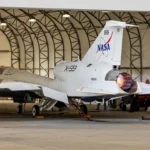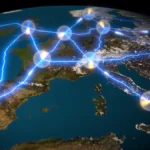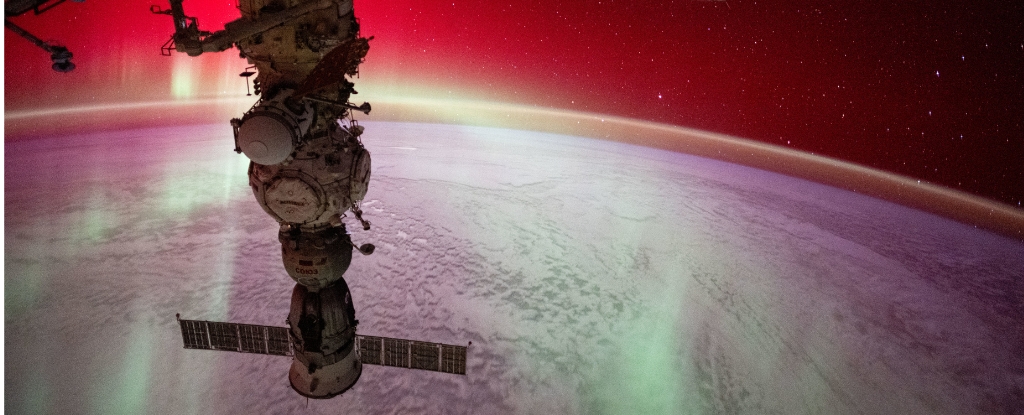Scientists have made progress in detecting gravitational pull at the microscopic scale, bringing them closer to a theory of “quantum gravity” that could unite quantum mechanics and general relativity.
Quantum mechanics and general relativity are the best descriptions of physics at small and large scales respectively, but cannot be unified as general relativity is not quantized.
Researchers successfully detected a weak gravitational pull on microscopic particles in a supercooled experiment, the smallest mass ever measured this way.
This technique of using magnetic traps and extremely low temperatures could help measure gravity at the quantum scale going forward.
Unifying quantum mechanics and general relativity through a theory of quantum gravity could help explain mysteries like the origin of the universe, black holes, and a potential grand “theory of everything.”
The experiment builds on entanglement and quantum physics research proving Albert Einstein’s skepticism about nonlocality and “spooky action at a distance” wrong.
Measuring quantum-scale gravity brings scientists closer to testing gravity in the quantum realm and understanding how it works with quantum mechanics. This could fundamentally alter our view of physics.









